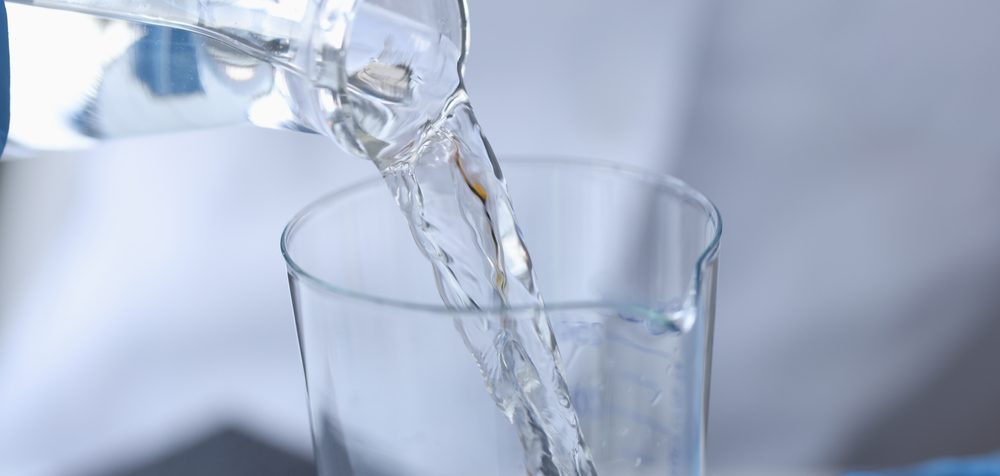
Researchers at the Massachusetts Institute of Technology (MIT) have developed a new filtration material that is highly effective at removing PFAS and heavy metals from water. PFAS, or “forever chemicals,” are highly prevalent and pose a significant threat to our health and environment. The Environmental Protection Agency (EPA) has estimated that cleaning up this contamination to meet new regulations will be expensive, stating that in order to keep PFAS levels below 7 parts per trillion in drinking water, the cost is expected to reach $1.5 billion every year.
“Contamination by PFAS and similar compounds is actually a very big deal, and current solutions may only partially resolve this problem very efficiently or economically,” said MIT postdoctoral researcher, Yilin Zhang. “That’s why we came up with this protein and cellulose-based, fully natural solution.”
When a team led by Professor Benedetto Marelli from the Department of Civil and Environmental Engineering was attempting to create a labeling system to combat counterfeit seeds, they created a method for processing silk proteins into uniform nanoscale crystals – or, nanofibrils – using an environmentally friendly, water-based drop-casting method at room temperature. They tested these silk nanofibrils for use in water filtration, but found that they needed the addition of cellulose. By combining silk and cellulose and using a method that aligns the silk molecules into nanofibrils, they created a hybrid material with unique properties perfect for water filtration. The new material not only removes these contaminants from water, but also possesses antimicrobial properties that prevent the filters from becoming fouled by bacteria and fungi.
“These materials can really compete with the current standard materials in water filtration when it comes to extracting metal ions and these emerging contaminants, and they can also outperform some of them currently,” Marelli stated.
